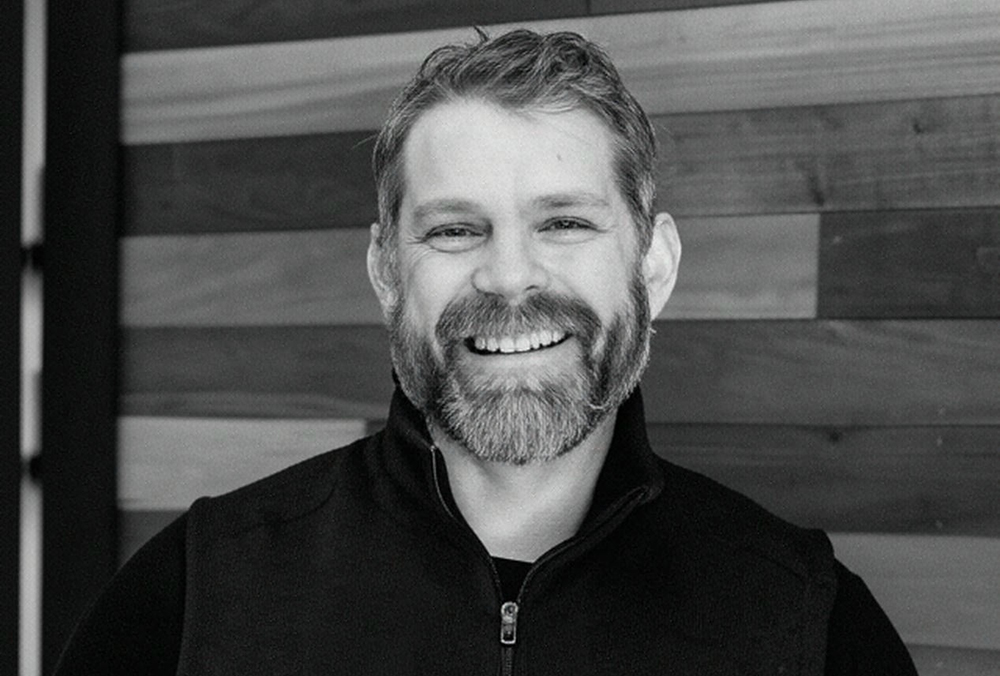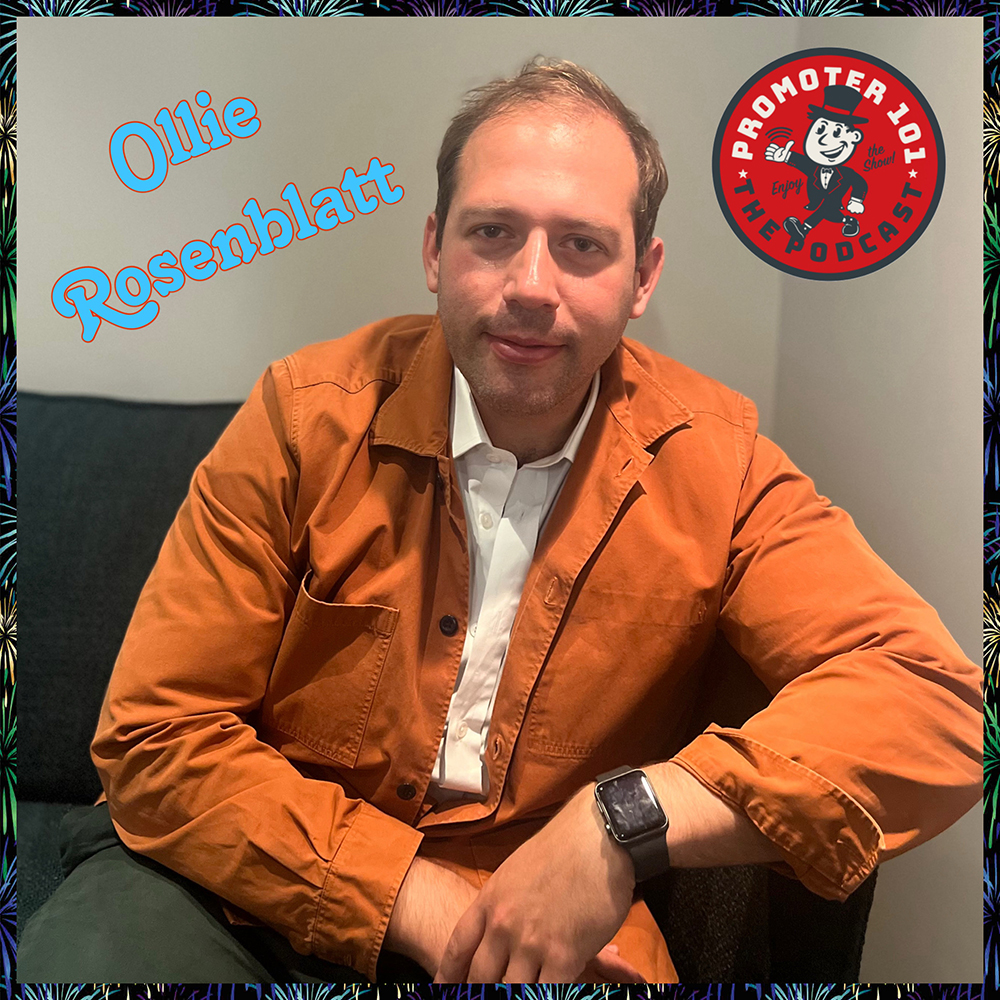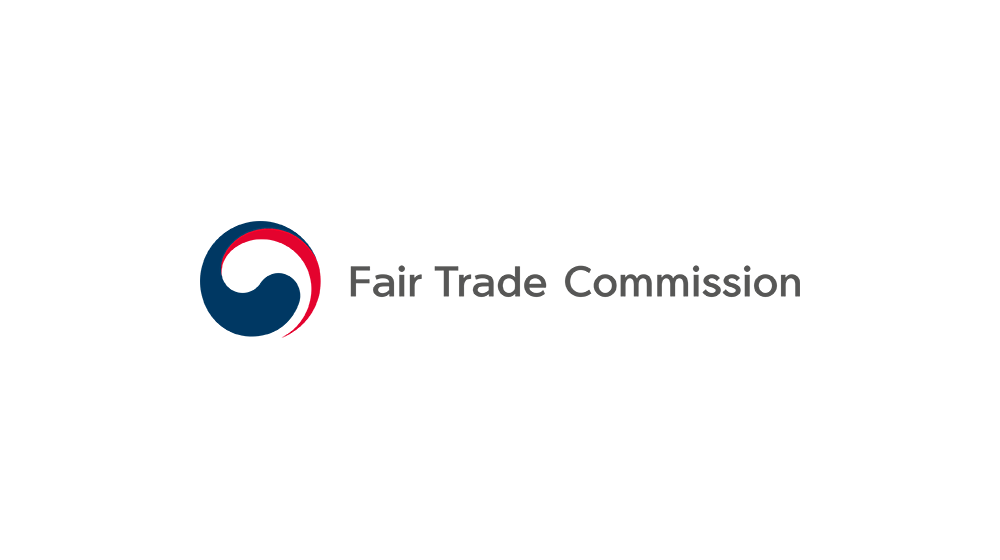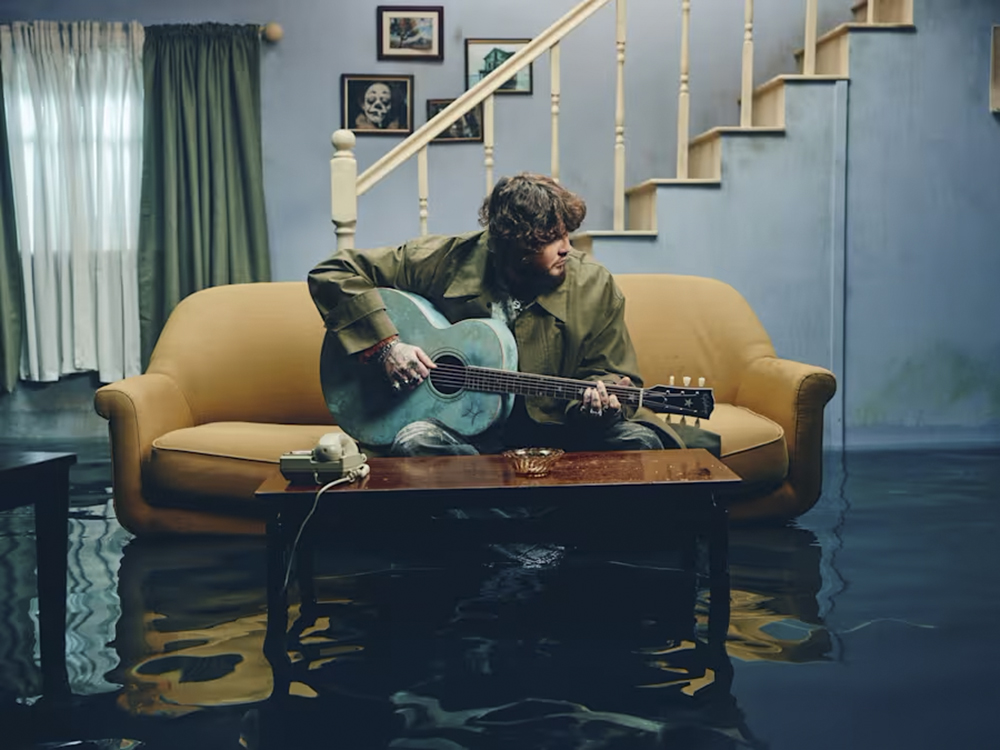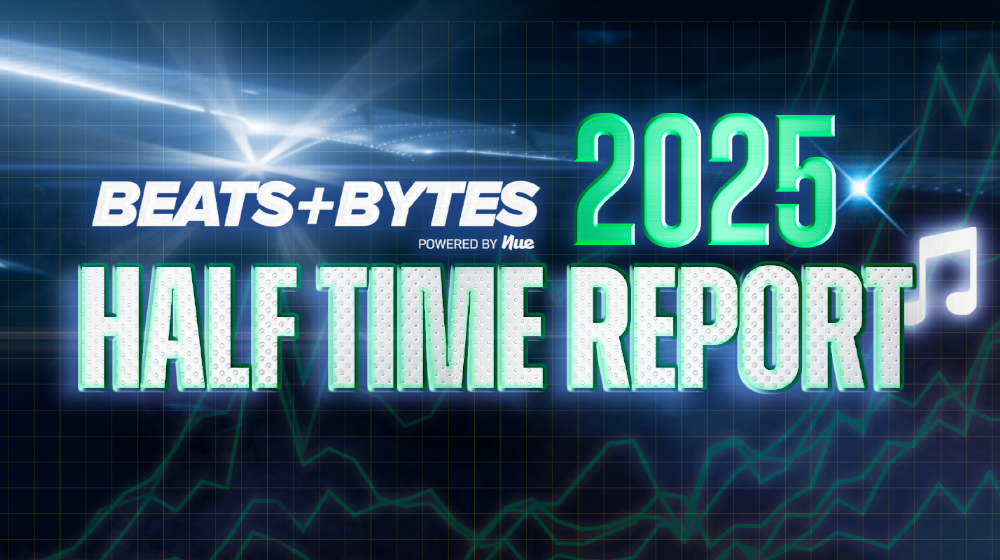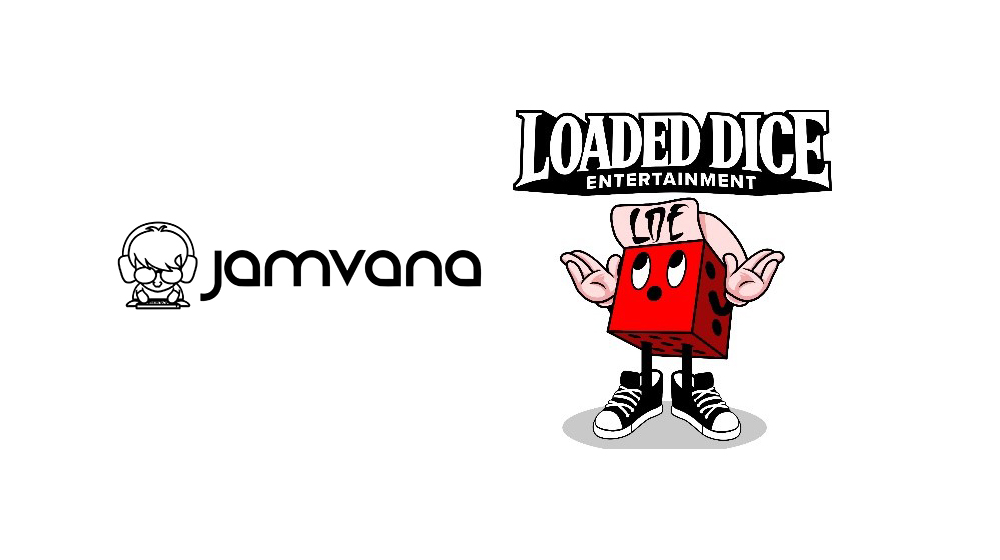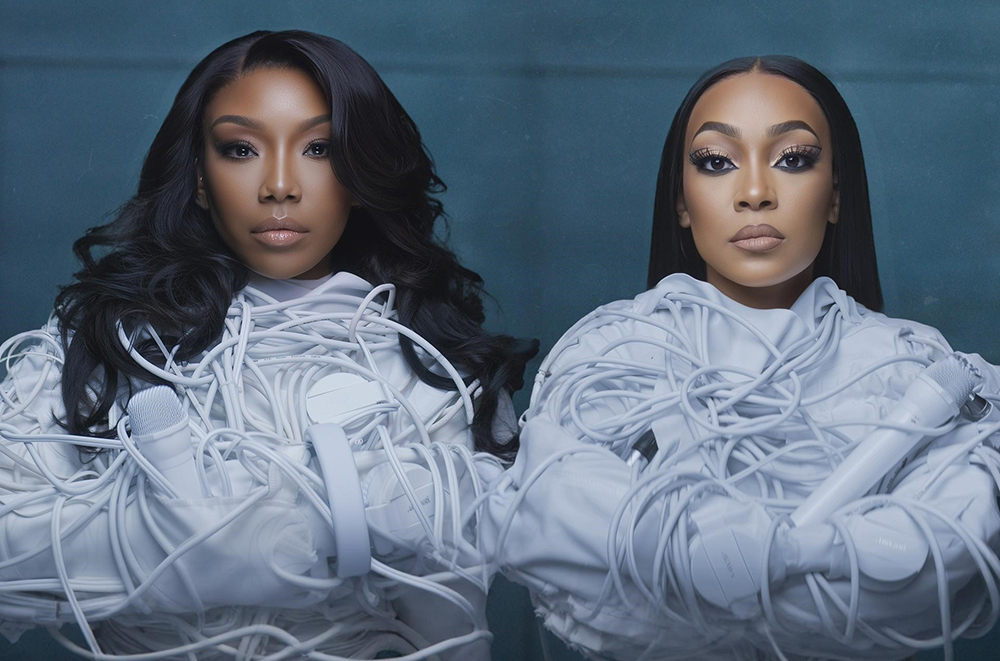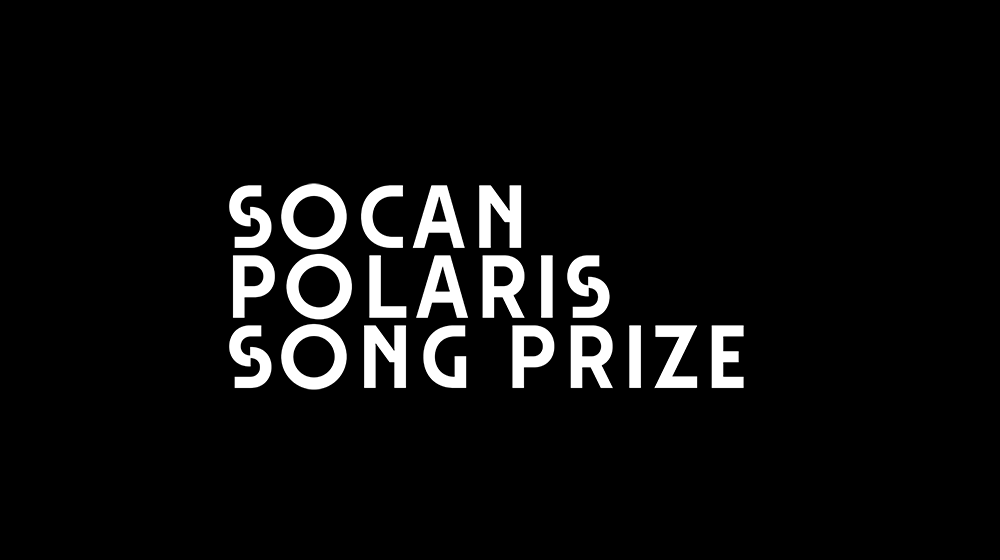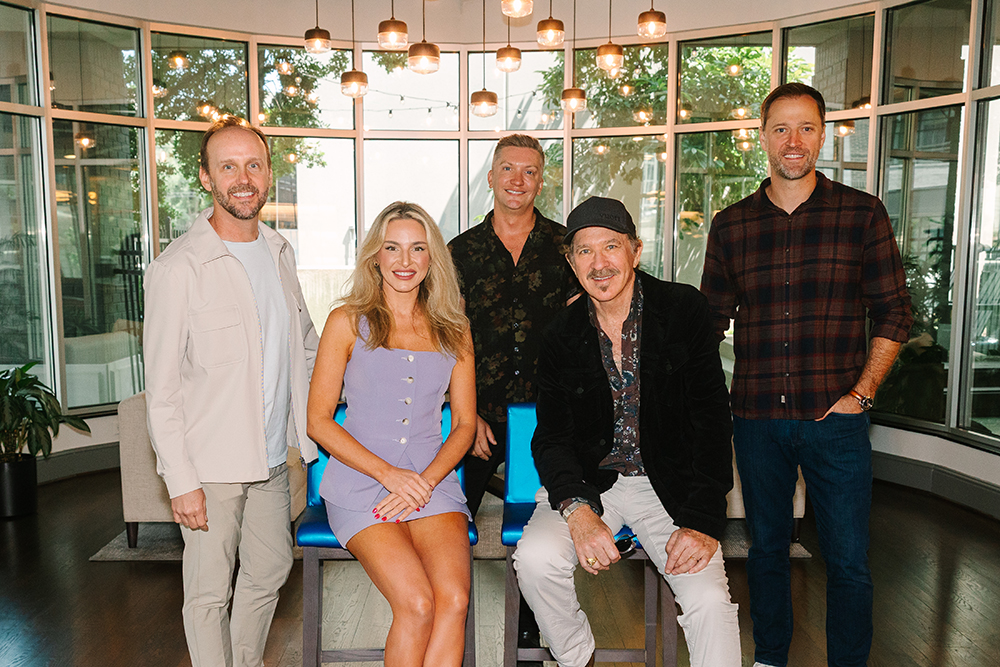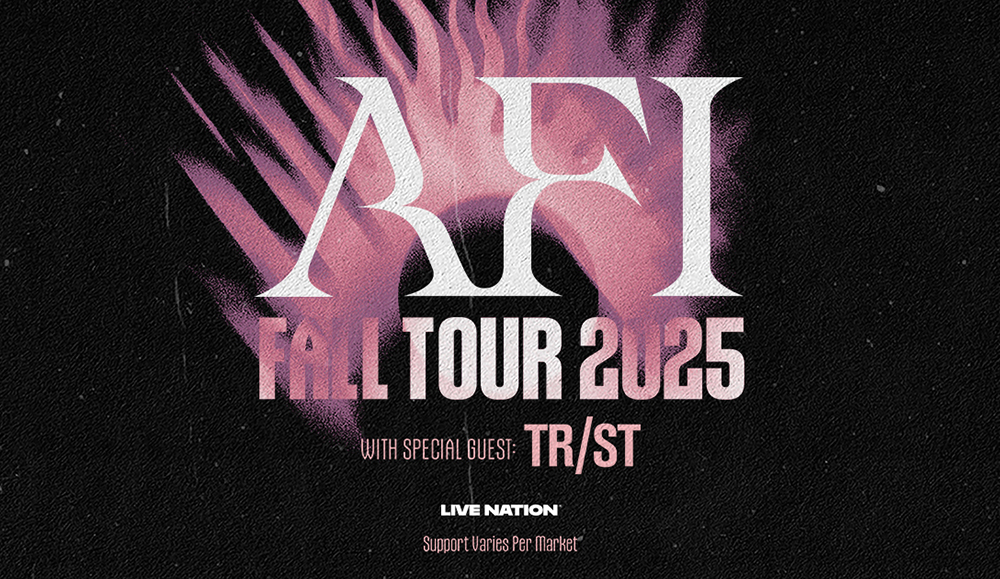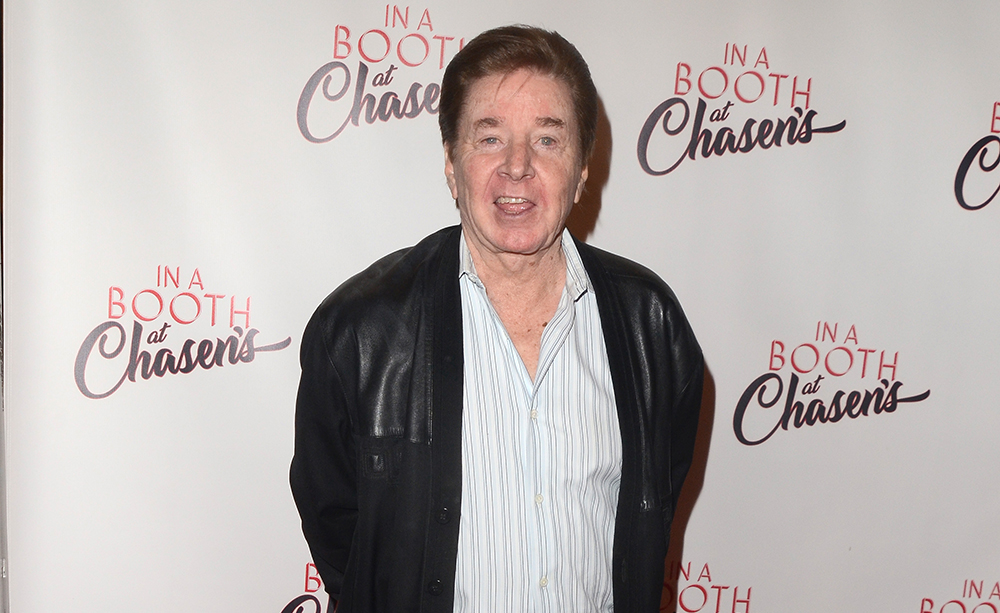(Hypebot) — Stephen Duval examines the long-running conflict between the creative and commercial sides of the music industry and details the importance of artists having a larger stake in how their intellectual property is controlled and monetized.
Guest post by Stephen Duval, CEO at Empowerment IP
The Backstreet Boys sued the parent company of their record label Jive in 2002, and Prince famously battled with Warner Bros over his music ownership in the 90s. For decades, the control of an artist’s intellectual property (IP) has been a major point of contention between the creative and the commercial sides of the music industry. But how has this dispute evolved by 2021, and how can we ensure the artist or creator remains king?
2020 brought its obvious setbacks, but overall the live music sector still forecasts growth of 7% per year to 2030. This is largely due to the impact of digitization on the way music is distributed and consumed. The growth of smartphones, expansion of broadband, and explosion of new digital platforms gives the consumer access to more songs from more artists than ever before. This rosy outlook for the industry, along with high-quality, long term and uncorrelated cashflows from music assets, provide an appetizing combination for a variety of financial investors.
How is it then, that despite the record number of deals occurring across the music industry, artists still face limited choices when looking for liquidity? Traditionally, they can either sell their rights, secure an advance from a label or administrator, or use bank debt. Capital solutions historically mean that artists must relinquish control over their future income streams and upside from their rights, or limit themselves with creative obligations or restrictive covenants, usually with personal recourse.
The numerous high-profile catalogue acquisitions of late have led to many artists becoming increasingly dissatisfied with the way their rights are owned and controlled – and rightly so. Of course, a catalogue sale gives the artists a large upfront payment. My concern is, from that moment on, they no longer have ownership of their rights— this includes all future income streams and value in what is an evolving market. I believe strongly that there should be more options on the table for artists to monetise their assets without having to lose ownership of their life’s work. Artists must be empowered with a wider range of financing solutions, as seen in other asset classes like real estate. That is the premise Empowerment IP was built around.
As a team with a wide-reaching background in both music and capital, we build a variety of bespoke capital solutions that provide benefits including significant liquidity without selling IP, or capital gains benefits while maintaining creative control and retaining all future upside value. This is achieved by working with a number of highly engaged capital partners that share our vision to bring innovation to the music industry. We do the same for talent in sports, media and entertainment. Our capital partners work with us to build investment opportunities that provide higher yields than many established equity funds with what we see as a lower risk, relative to full catalogue acquisitions (LTV ratios are typically between 50-60%). We’ve pinpointed a significant opportunity within the market to structure equitable deals which are attractive to artists and investors alike.
Ultimately, the artist is the beating heart of the music industry, which is why their IP should be protected and prioritized above anything else. In my eyes, the solution is educating artists that selling their IP is not the only way they can monetize their life’s work.






































